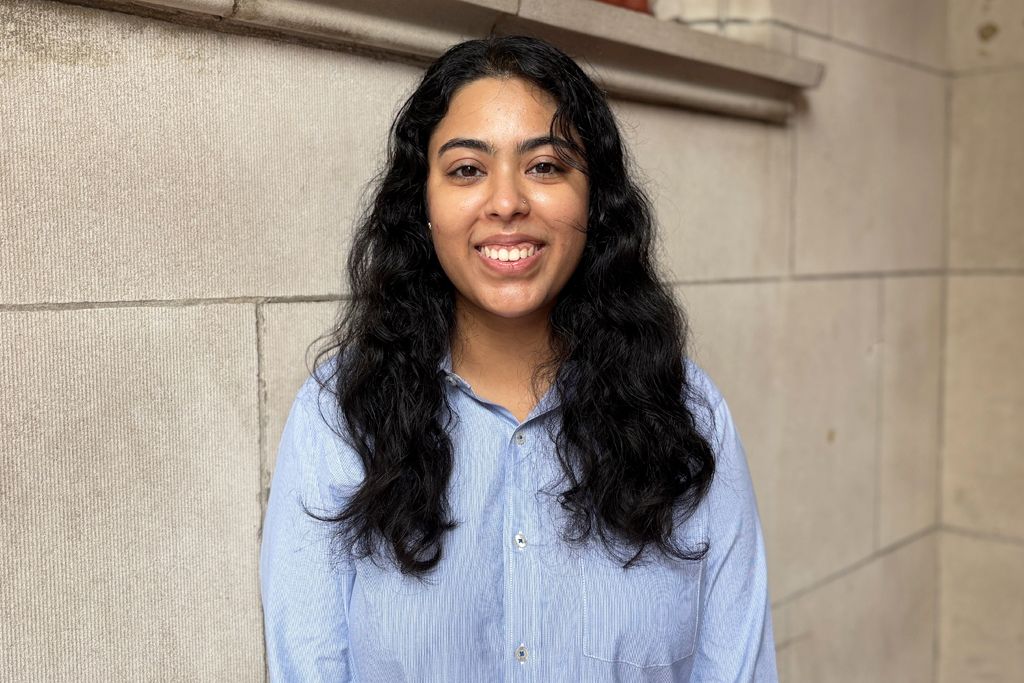Uzma Khan

Assistant Professor
Uzma Khan is an Assistant Professor in the Counseling program at Hunter College.
She brings diverse clinical experience across hospital, school, community, and private practice settings. Uzma has provided counseling in adolescent day treatment programs, intensive outpatient therapy, medical and rehabilitation units, and crisis response teams. Her work spans individual, group, family, and vocational counseling, with specialized training in CBT, DBT, ACT, narrative, and play therapy approaches. She has supported clients with disabilities, chronic illnesses, and mental health needs, as well as families navigating complex transitions. These experiences inform her teaching and supervision, grounding her pedagogy in real-world practice and cultural responsiveness.
Uzma’s interdisciplinary work bridges mental health, public health, and disability justice. She has contributed to projects addressing climate change and disability, developed interprofessional education modules for health professions students, and presented nationally on stigma, psyschosocial adaptation, and disability identity. As a Certified Rehabilitation Counselor (CRC) and Licensed Professional Counselor in Training (LPC-IT), she brings both clinical experience and a passion for teaching. Her work is dedicated to preparing future counselors to support diverse populations with empathy, cultural humility, and advocacy.
BS in Psychology from University of Texas at Arlington
MS in Clinical Rehabilitation and Mental Health Counseling from University of North Carolina at Chapel Hill
PhD in Rehabilitation Counselor Education from University of Wisconsin-Madison
COCO-708 – Measurement and Appraisal
Dr. Khan’s research explores psychosocial adaptation to disability, focusing on stigma, disability identity, and belonging, particularly around invisible chronic conditions. She is committed to advancing understanding of how young people with disabilities navigate identity development and how schools and communities can foster inclusive environments that promote well-being and empowerment.
Landon, T. J., Levine, A., Sabella, S. A., Hill, J. C., Khan, U., & Kulesza, E. T. (2023). Supervision and Ethics: Updates to the CRCC Code of Professional Ethics. Rehabilitation Counseling Bulletin, 66(4), 283-293.
Saia, T., Khan, U., Perkins Nerlich, A., Bero, R., Hill, J. C., &. Johnston, S. P. (2024). The COVID-19 experience through the lens of disability Twitter: A qualitative analysis. Rehabilitation Psychology.
Landon, T., Gerald, M., Chun, J., Baumunk, M., Khan, U & VanPatten, A. (2024). Chapter 10: Managing Clinical Supervision, In Clinical Supervision, A Handbook for Counselors.
Gantt-Howrey, A., Tierney, A., Dockery, N., Khan, U., Johnson, K. F., & Burgess, E. (2025). Artificial intelligence and research: Resources and implications for counselor educators. Journal of Technology in Counselor Education and supervision. (empirical)
Chun, J., Lee, J., Matkin, K., Richard, C., Khan, U., & Smedema, S. (2025)
Bimodality in Life Satisfaction: Robust Social Support Enhances Life Satisfaction in
Individuals with Long COVID. Disability and Health

